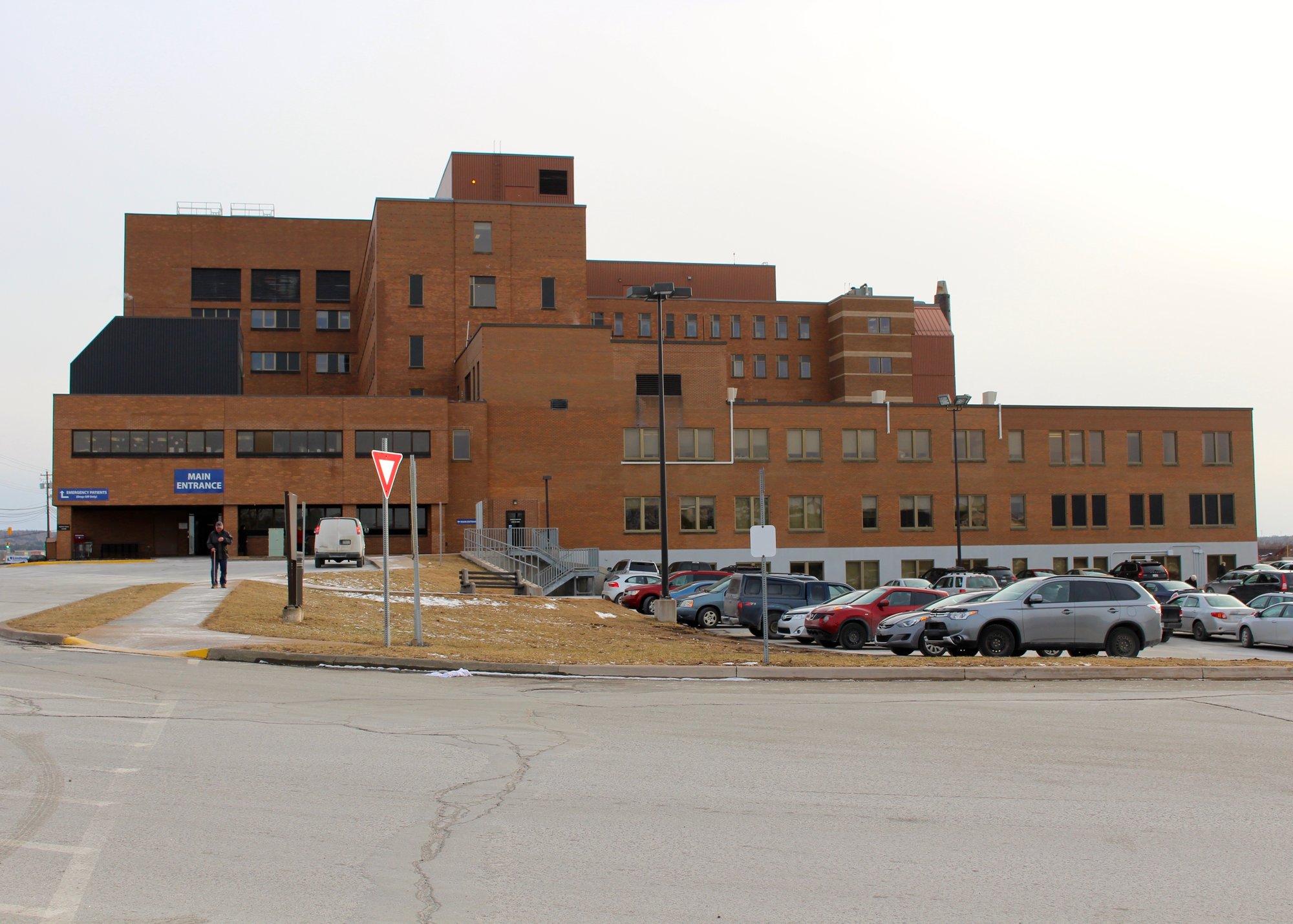Parties promise reforms in Election ’17

Progressive Conservative Leader Jamie Baillie is promising to open mental health crisis centres in rural communities to divert patients from hospital emergency departments. And not to be outdone, the NDP under Gary Burrill has a similar plan.
They differ, however on the shuttered mental health unit at the Aberdeen Hospital in New Glasgow, with Baillie saying he would reopen it, and Burrill making no commitment either way. The Liberal government has announced no decision.
“Emergency rooms are already overcrowded,” Baillie said in an interview with University of King’s College Journalism students. “They are already facing many hours of closure, particularly in rural areas. And they are not really equipped for treating nor triaging people with mental illness.”
An investigation by King’s students has found that in areas outside Halifax, from 2012 to 2016, at least 53,000 people arrived at adult emergency departments with mental health as the presenting complaint, with about one in five admitted to hospital.
Advocates and patients talk of spending hours in emergency departments, only to be sent home in the morning.
Baillie said he is sticking to his view that there is a mental health crisis in Nova Scotia, and promises fixing the system will be a priority for a Conservative government.
“Our economic growth as meek as it is does provide government with enough growth to expand mental health services and I guess I will say this that my number one priority as new dollars are freed up is to expand the mental health services of the province.”
Baillie said the 99 acute care mental health beds in areas outside Halifax is not enough, and said the McNeil government is moving too slowly on providing mental health services in schools, and a Conservative government would also spend $13.5 million for a recruitment program to attract more doctors to areas most needing them, and a doubling of a tuition relief program that allows doctors to cut their student loan debt in exchange for moving to a rural area. The party figures these measures can add 50 doctors a year over the next four years, some of whom would be specialists such as psychiatrists.
The NDP also said there is a crisis in mental health care and has its own prescription for fixing the ills that afflict the system.
Leader Gary Burrill points out that it was the former NDP government under Darrel Dexter, that introduced a mental health and addictions strategy for the province, in 2012, and he accuses the Liberals under Stephen McNeil of having let progress on the file stall.
“For them the priority has been to balance that budget,” he said. “We have to make a serious investment if we are going to to deal with this,” Burrill said.
Burrill said wait times are far too long, pointing in particular to the nearly year-long wait to serve 90 per cent of those seeking adult mental health services at the Cape Breton Regional Hospital.
He quoted a doctor who recently spoke at a rally in Sydney Mines: “’Do you think a doctor will be excited in coming to a place where they know they will not be able to offer community based treatment to somebody who presents with severe depression, or debilitating anxiety, that the best they would be able to get is one year?’”
Burrill promises that an NDP government would create three dedicated mental health hubs, as a pilot project, at emergency departments at the Halifax Infirmary, the Valley Regional Hospital in Kentville and the Cape Breton Regional Hospital in Sydney. It promises to spend $25 million over four years, with the first such hub opening a year from now in Kentville.
The party is also promising to reverse cuts the Liberal government made to community mental health organizations, and spend another $21.5 million over the same four years to develop a renewed mental health strategy.
The NDP has also promised $30 million a year over four years to improve primary care and address doctor shortages.
Burrill is not making any commitment on the short-stay unit at the Aberdeen Hospital, and is taking no position on the number of acute care beds in the province, saying what is needed would be worked out as part of the new strategy.
The governing Liberals have also promised additional resources for mental health. In the budget, introduced days before the election call but not passed, the McNeil government promised $2.4 million for doctor recruitment and retention, by adding 10 new seats to the Dalhousie University family medicine residency program and and providing 10 spaces for a new program to bring internationally trained doctors to the province.
The budget also committed $3.2 million more for mental health programs, including additional community based services in Cape Breton, a new centralized intake process and expanding crisis services. The budget also promised an additional $6 million to support collaborative care teams of doctors, nurses, and other health professionals, across the province.
Whichever party is elected will have to re-introduce a budget for 2017-18 as the budget introduced in April was not passed before the house was dissolved for the election.

